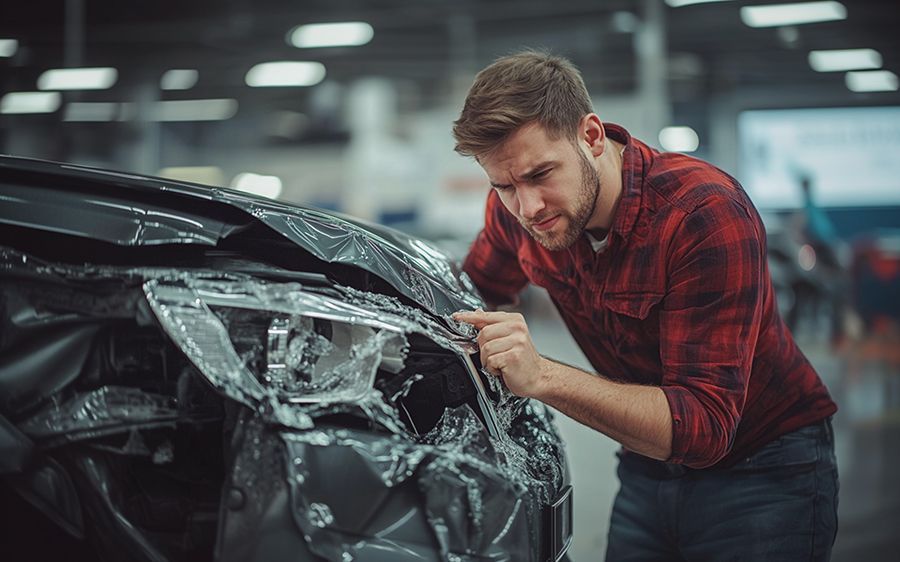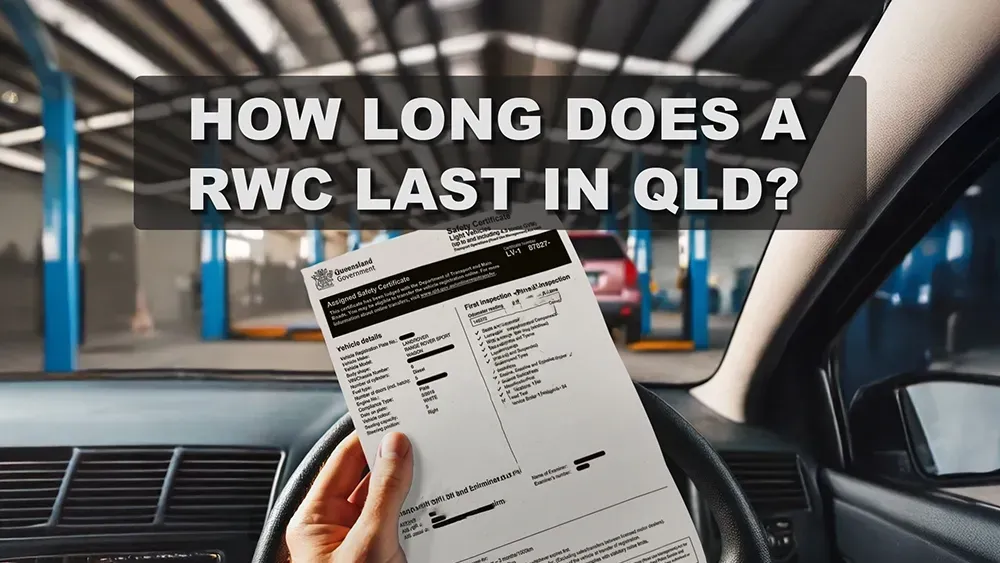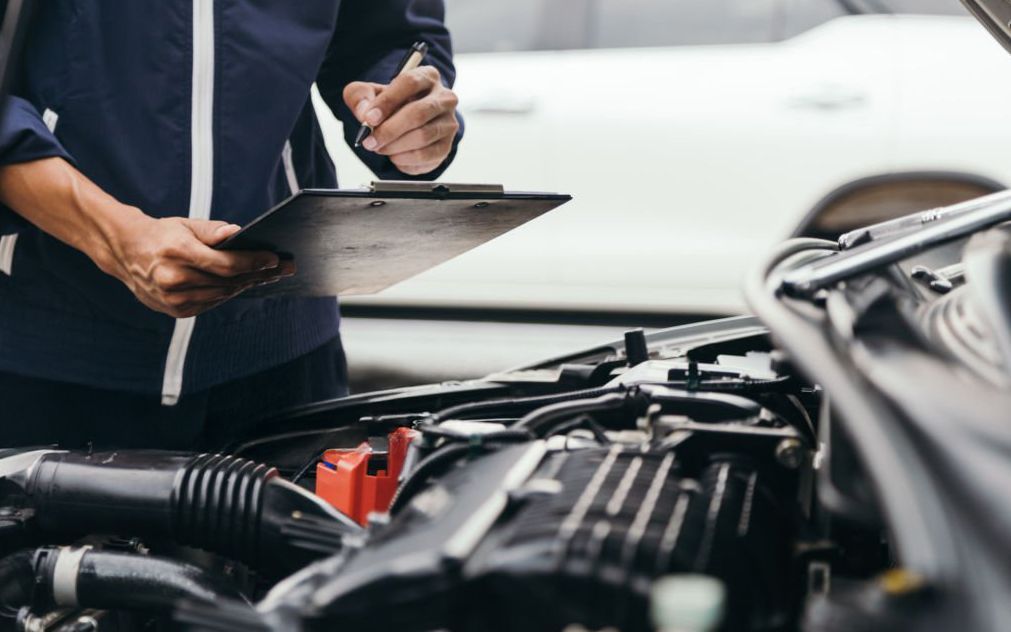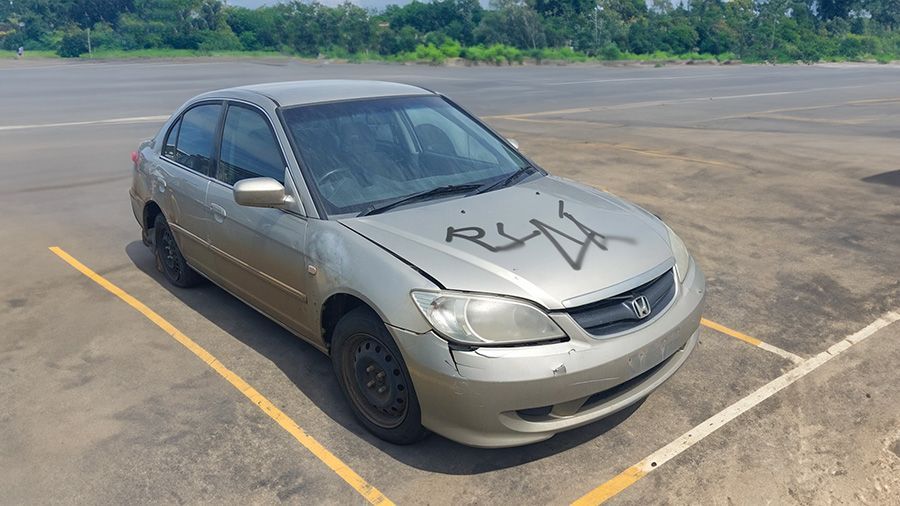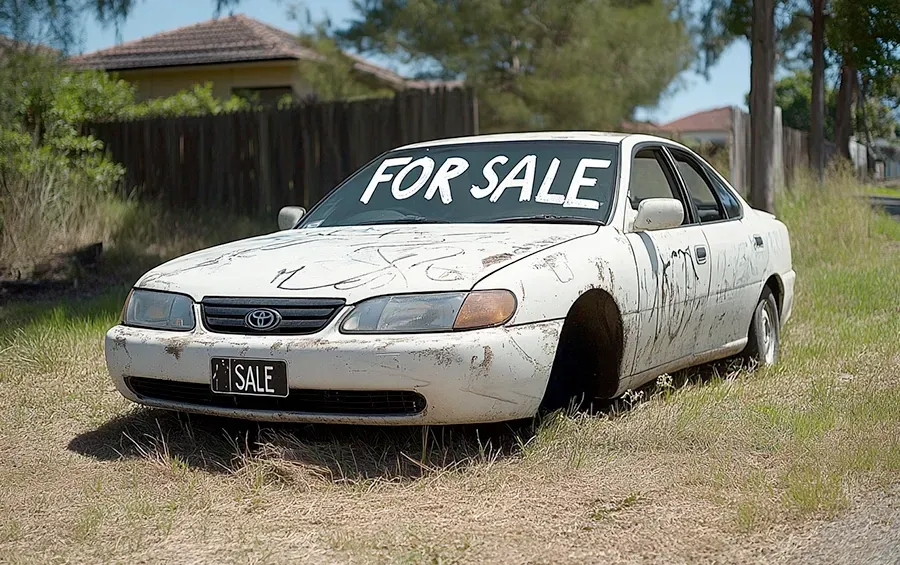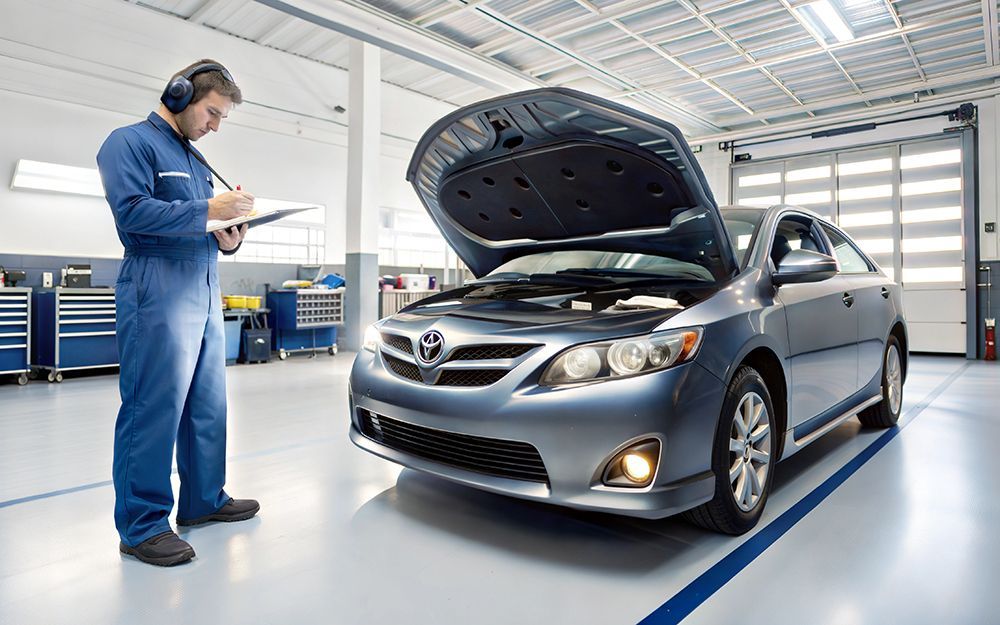Should You Fix Your Car Before Selling?
Expert Advice to Maximise Value
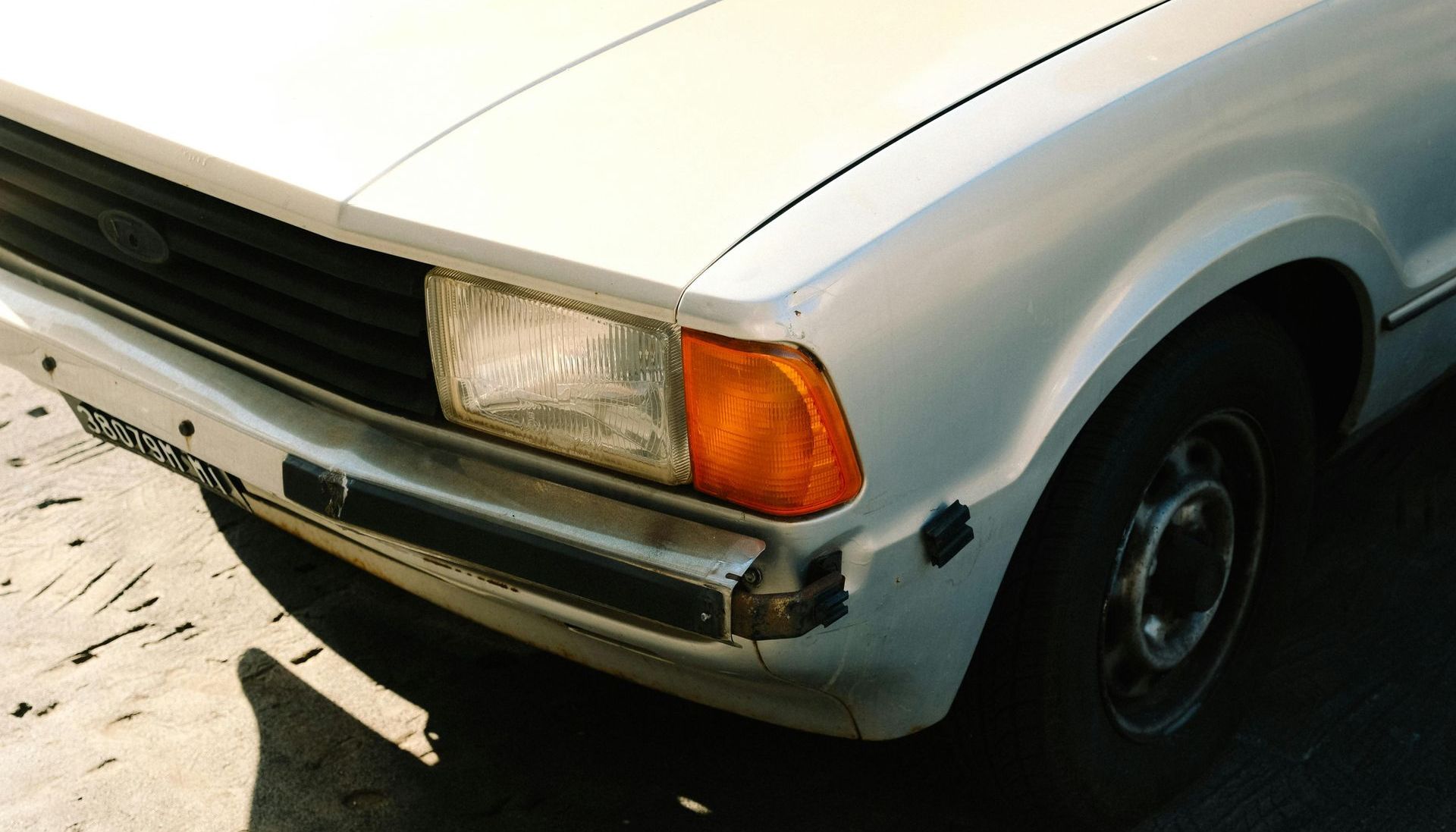
When you're ready to part ways with your vehicle, one big question arises: should you fix it up before putting it on the market? The decision can have a significant impact on how quickly your car sells and how much you can earn from it.
If you've been Googling phrases like “buy my car,” you’re probably already considering how to make the process smooth and profitable. Let's break it down by answering some of the most common questions sellers face when deciding whether to repair their car before selling.
Does Fixing My Car Increase Its Value?
In most cases, yes. Addressing noticeable issues, like dents, scratches, or malfunctioning parts, can make your car more appealing to buyers.
Small repairs, such as replacing a burnt-out headlight or fixing minor interior damage, can pay off by boosting your car's resale value.
However, keep in mind:
- If your car has major mechanical problems, the repair costs might outweigh the increase in value.
- Buyers are often wary of cars with obvious issues, as they may assume deeper, hidden problems exist.
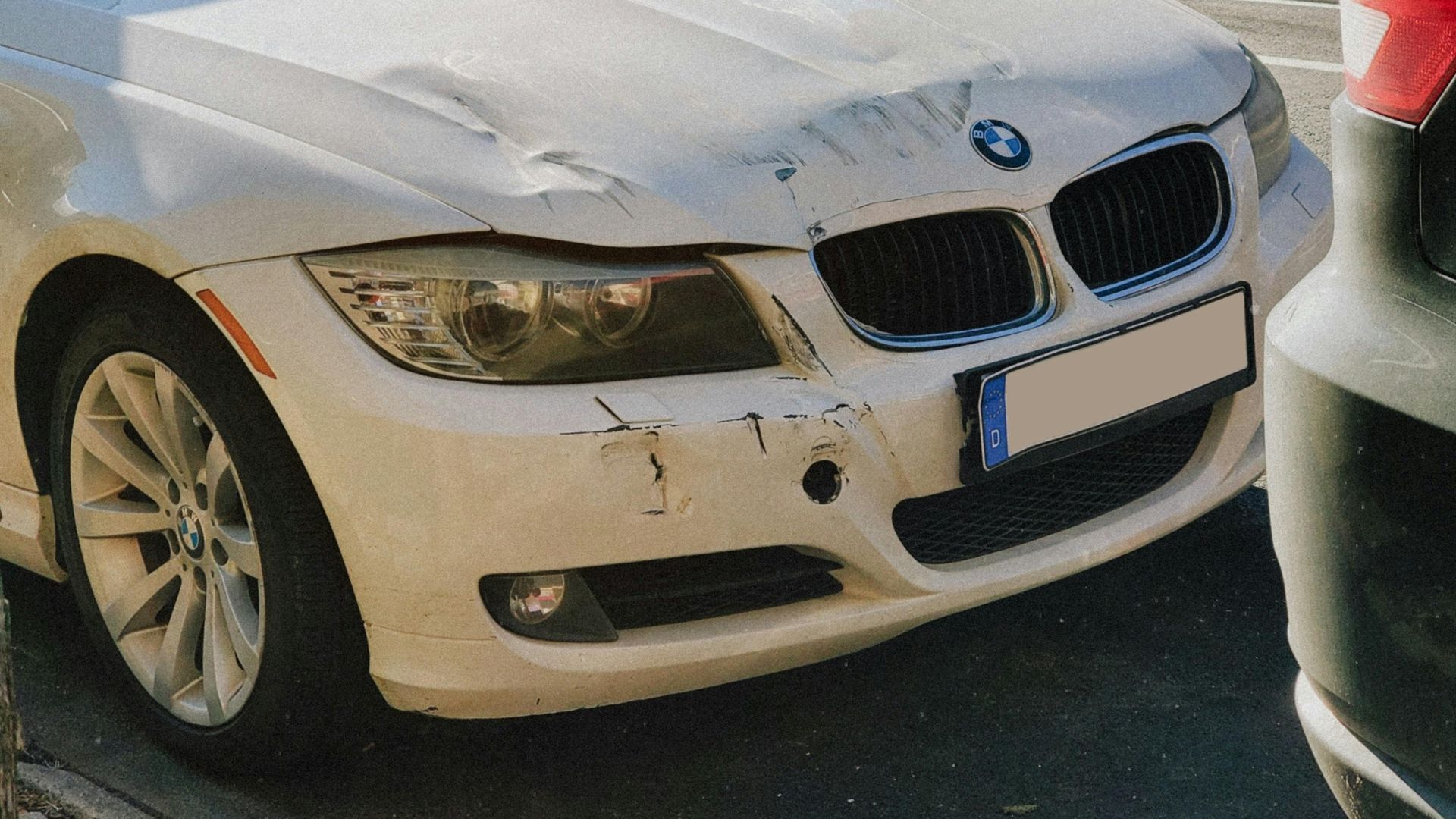
What Repairs Are Worth Doing?
Not all fixes are created equal. Here's a breakdown of repairs that tend to provide the best return on investment:
Cosmetic Touch-Ups
- Paint scratches, small dents, and curb rash on wheels are relatively affordable to fix and can make your car look much newer.
- A professional detailing service can also work wonders for curb appeal.
Mechanical Repairs
- Addressing minor issues like squeaky brakes or old wiper blades can make a positive impression without breaking the bank.
- If your car has a check engine light on, it’s often worth diagnosing and fixing the issue. Buyers might shy away otherwise.
Basic Maintenance
- A fresh oil change, new filters, and inflated tires signal that the car has been well-cared for.
- Topping off fluids is another low-cost improvement that can reassure buyers.
Skip It If:
- The repair involves major engine work or transmission replacement, especially on an older vehicle. In such cases, it might be better to
sell your car as is.
Will a Buyer Pay More for a Fixed-Up Car?
Generally, yes—but it depends on the market and your specific car. Buyers are often willing to pay a premium for a car that requires minimal immediate investment. If you’re targeting a private buyer, a cleaner, better-performing vehicle will fetch a higher price than one with obvious flaws.
For those selling to dealerships or services that advertise “buy my car,” the difference might not be as significant. These buyers usually base their offer on the wholesale value, regardless of small cosmetic or mechanical fixes.

What If I Don’t Want to Fix Anything?
If repairs feel overwhelming or too expensive, selling your car in its current condition is still an option. Many companies specialise in buying cars “as-is,” often marketed under phrases like “sell my scrap car.” These buyers typically offer convenience and speed but might deduct the cost of potential repairs from their offer.
Conclusion: Fix It or Sell As-Is?
If you’re aiming to get top dollar, addressing minor issues and presenting a clean, well-maintained vehicle is almost always worth it. For those who value speed and convenience over price, selling “as-is” to a company that promises to “buy my car” could be the way to go.
Ultimately, the decision comes down to your priorities, budget, and the condition of your car. With a little preparation, you can ensure a smooth transaction—whether or not you decide to break out the tool kit first.
For complete transparency on what your vehicle needs, consider selling it with a pre-purchase car inspection report.

